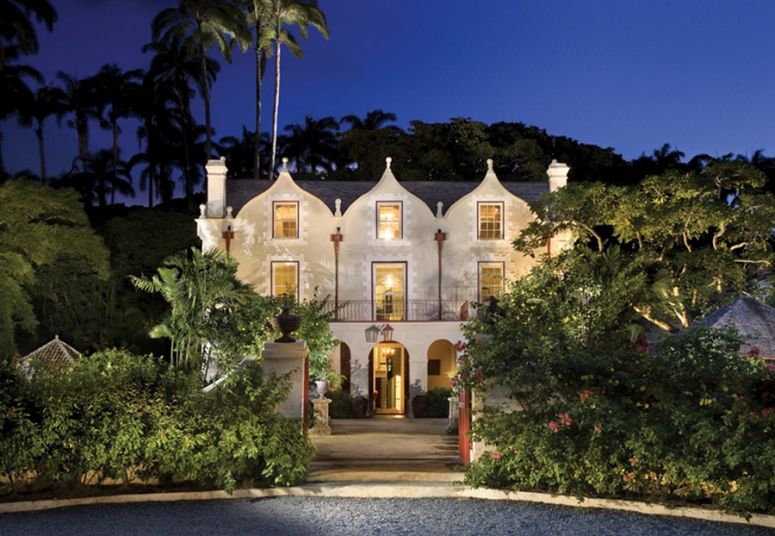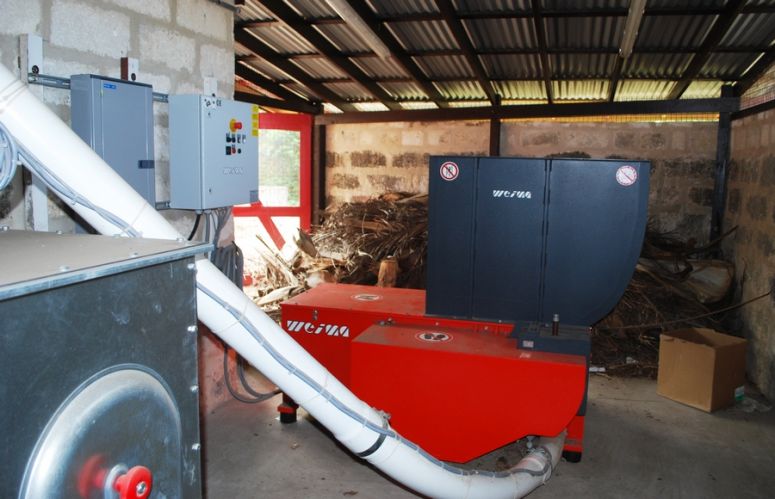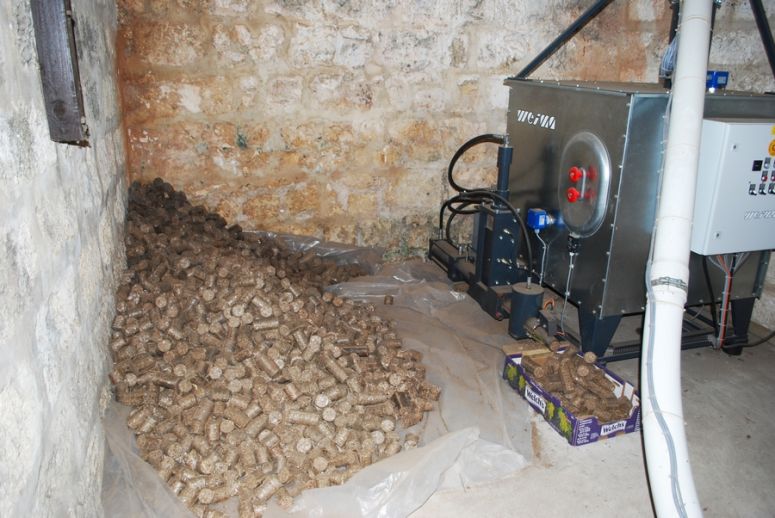The St. Nicholas Abbey Plantation in Barbados can look back on more than 350 years of history. The method of rum production has not veered from tradition. The process has, however, become more eco-friendly - the boilers being used in the distillery are no longer run with oil but with eco-friendly palm briquettes.
Larry Warren, whose family assumed responsibility for the 400-acre plantation in 2006, not only produces the typical Caribbean rum. He also offers an opportunity for his visitors to take a glimpse into the long technical history of alcohol production. At the heart of the plantation is the old distillery, the vaporizer, and the 1890s steam mill.

Picture 1: St. Nicholas Abbey Plantation
In order to run the machinery, a high-energy input is necessary. Until recently, oil was used to heat the boilers. Annually, more than $45,000 USD was spent on heating costs due to expensive fuel oil – way too much to be competitive in the rum market.
Today, this capital strain has been reduced considerably. Now that they’re using briquettes to fuel the boilers, the annual energy costs have been reduced to approximately $3,000 USD.

Picture 2: WL 4 single-shaft shredder
Large amounts of waste in the form of palm leaves, trunks, and other scrap wood occur on the plantation daily because of farm work. This waste is gathered together and brought to the WEIMA WL 4 shredder, which reduces the material to an optimum size for the subsequent briquetting process.

Picture 3: Palm briquettes and WEIMA C 150 briquette press
The wood chips are conveyed to the WEIMA C 150 briquette press via a screw conveyor. Compact briquettes with 50mm diameter and high heating value can be produced using only pressure– no adhesives necessary!
The shredding and briquetting of this wood scrap is a perfect for Larry Warren and the plantation as a whole. He saves cash from distillery heating costs, reduces voluminous wood scrap mountains, and protects the environment because palm briquettes burn CO2-neutral. This fits perfectly to the sustainable concept of the plantation.